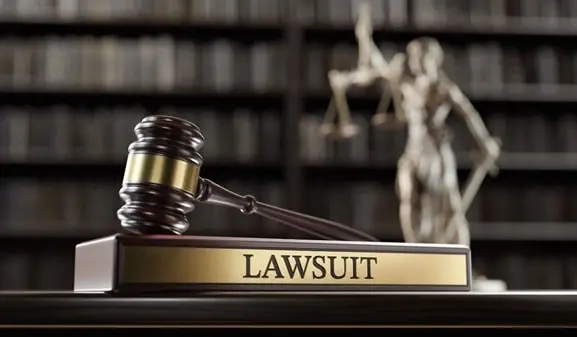JRK Property Holdings, a major real estate investment and management firm, is currently embroiled in multiple lawsuits that underscore significant legal challenges in the property management industry. These legal actions span allegations of contractual breaches, financial mismanagement, and tenant disputes, with implications for the company’s operational practices and potentially the broader real estate market. Understanding these lawsuits offers insight into the responsibilities and liabilities companies face in property management, as well as the potential regulatory impacts.
Key Allegations in the JRK Property Holdings Lawsuit
Several core allegations shape the current legal cases against JRK Property Holdings. A class-action suit filed by tenants in California accuses JRK of charging excessive rent increases, improper late fees, and unauthorized fines for renters’ insurance. The plaintiffs argue that these practices violate California rental laws, positioning JRK as a defendant in a high-stakes legal battle that could impact thousands of tenants across JRK-managed properties (Todd Espinosa Law; LawScope.org).
Another dimension of JRK’s legal troubles includes financial and operational mismanagement claims, specifically in its dealings with various stakeholders. Allegations suggest that JRK has breached contractual obligations and engaged in practices leading to financial discrepancies. As the plaintiffs present their case, the court is tasked with reviewing both parties’ evidence, including financial audits, to evaluate the claims of mismanagement and assess the extent of any contractual violations (LawScope.org; Practical Law).
Financial and Reputational Risks for JRK Property Holdings
The legal disputes pose significant financial risks for JRK, both in terms of potential settlements and reputational damage. JRK, as a prominent entity in the real estate industry, may face penalties or judgments that could affect its portfolio and investor confidence. The case has already prompted scrutiny from regulatory bodies, suggesting that any finding of regulatory non-compliance could trigger broader oversight measures impacting JRK’s operations (Justia; LawScope.org).
Additionally, the legal costs associated with prolonged litigation, alongside the potential for increased regulatory compliance requirements, could alter JRK’s financial projections. Given the class-action nature of some of these suits, if the courts rule in favor of the plaintiffs, JRK may face significant compensation costs that could impact its ability to expand or acquire additional properties in the near term (Practical Law).
Impact on Tenants and the Property Management Industry
The tenant-led class action raises concerns about tenant rights and transparency in rent and fee structures, particularly in states with strict rental laws like California. Should the courts rule against JRK, it could set a precedent influencing lease agreements and fee structures across the industry. Property management companies may become more cautious in setting rent increases and assessing fees, especially in states where rental regulations are becoming increasingly tenant-friendly (Todd Espinosa Law).
Broader Industry Implications
This case has sparked significant attention among real estate stakeholders who view the lawsuit as a potential turning point for compliance in property management. Investors, regulatory bodies, and other property management firms are closely monitoring JRK’s legal journey, which has intensified discussions around regulatory compliance, transparency, and ethical management practices. A ruling against JRK could lead to stricter industry standards and potentially inspire new legislative measures aimed at protecting tenants from unjustified fees or discriminatory practices (LawScope.org).
Conclusion
The lawsuits involving JRK Property Holdings underscore a pivotal moment for the property management industry, revealing the legal and regulatory risks companies face when tenant relations and operational transparency are called into question. With allegations ranging from contract breaches to excessive fees, JRK’s legal challenges highlight the importance of regulatory adherence and tenant rights. The outcomes of these cases could reshape the landscape for real estate investment and management, promoting a higher standard of accountability and transparency across the sector. As the legal proceedings unfold, JRK and other property management firms will need to evaluate their practices to mitigate future liabilities and align with evolving regulatory expectations.


